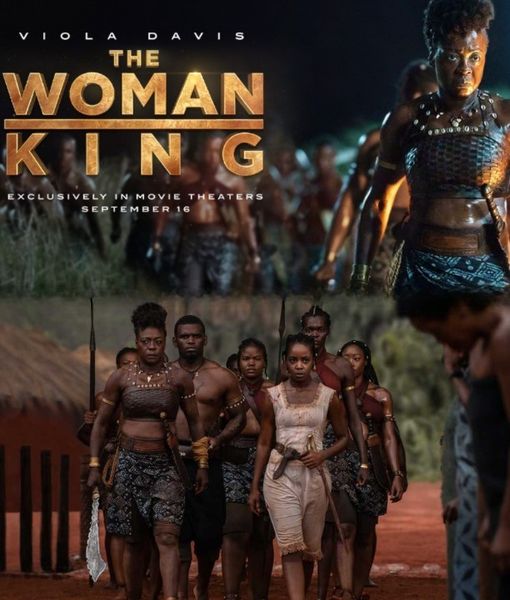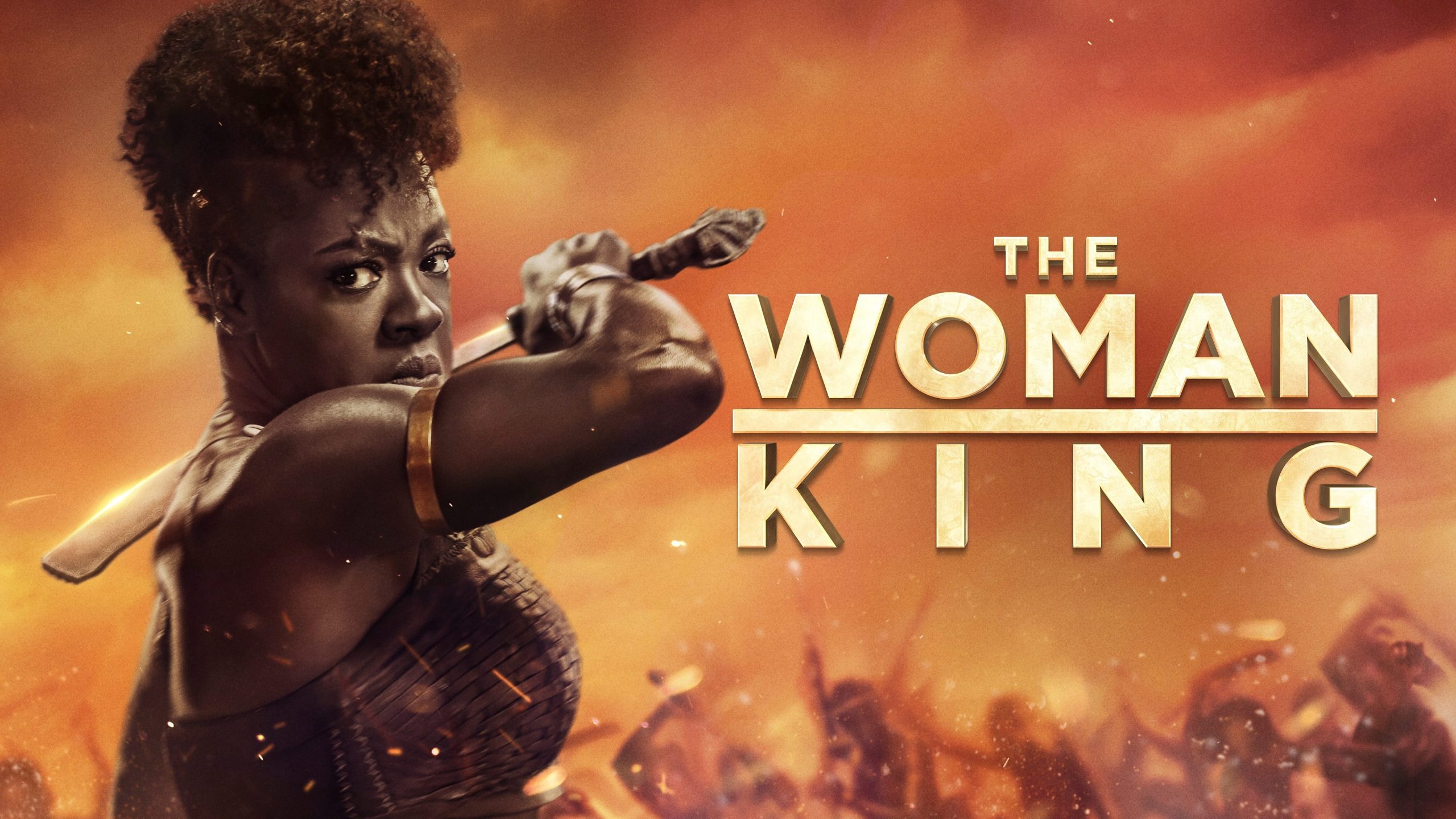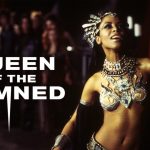The Woman King (2022)

An Empowering Tale of Courage, History, and Legacy
Directed by Gina Prince-Bythewood, The Woman King (2022) is a gripping historical drama inspired by the real-life Agojie, the all-female warriors who served as the fierce protectors of the West African kingdom of Dahomey in the 19th century. With Viola Davis at the helm as General Nanisca, the film celebrates the resilience and determination of women warriors who defied the odds to defend their homeland.
Plot Summary
Set in the lush landscapes of Dahomey (modern-day Benin), the film centers on General Nanisca (Viola Davis), the fearless and seasoned leader of the Agojie. The kingdom faces existential threats from encroaching European colonial forces, rival African factions, and the growing slave trade.
To safeguard Dahomey’s sovereignty, Nanisca is tasked with training a new generation of warriors. Among them is Nawi (Thuso Mbedu), a headstrong and talented recruit grappling with personal losses caused by the slave trade. As Nanisca and Nawi clash, bond, and grow, their dynamic becomes the emotional core of the story, emphasizing themes of mentorship, identity, and the strength passed between generations of women.
The narrative is further enriched with political intrigue, intense battle sequences, and poignant commentary on the impact of colonialism and the slave trade.
Key Highlights
- Exceptional Performances:
- Viola Davis: Delivers a commanding and emotionally charged portrayal of Nanisca, showcasing vulnerability beneath her stoic exterior.
- Thuso Mbedu: As Nawi, she embodies youthful determination and growth, offering a fresh perspective on the Agojie’s legacy.
- Lashana Lynch and Sheila Atim also stand out as seasoned warriors who mentor the new recruits with wisdom and humor.
- Action and Choreography:
The film’s battle scenes are meticulously choreographed, blending traditional African combat techniques with cinematic intensity. The training montages and large-scale battles emphasize the physical and emotional sacrifices of the warriors. - Cultural Authenticity:
The filmmakers worked closely with historians and cultural consultants to depict Dahomey’s traditions, music, and attire authentically. The film celebrates African heritage while shedding light on the complexities of its history. - Themes of Resistance and Unity:
- The film delves into the moral dilemmas faced by African kingdoms during the era of the transatlantic slave trade.
- It champions solidarity, female empowerment, and the fight for justice, offering a message that resonates with contemporary audiences.
Production Excellence

- Director: Gina Prince-Bythewood (The Old Guard, Love & Basketball) masterfully balances action and drama, creating a film both entertaining and thought-provoking.
- Cinematography: Polly Morgan captures the vibrant landscapes and intense battle sequences with a dynamic visual style.
- Score: Terence Blanchard’s powerful score underscores the film’s emotional beats, blending African rhythms with orchestral arrangements.
Reception and Legacy
- The Woman King earned critical acclaim for its performances, historical storytelling, and representation of African culture.
- Viola Davis was celebrated for breaking boundaries, portraying a powerful and complex female lead in a historical epic.
- The film sparked conversations about the intersection of history, representation, and the challenges of depicting morally complex narratives.
Did You Know?
- The Agojie were a real military unit, often referred to as the “Dahomey Amazons” by European historians.
- Viola Davis underwent intense physical training, including martial arts and weightlifting, to prepare for her role.
- The movie’s release reignited interest in African history, leading many to explore the rich heritage of the Dahomey kingdom.
The Woman King is more than a film—it’s a tribute to the unsung heroines of history, a celebration of resilience, and a powerful reminder of the enduring spirit of those who fight for freedom and justice.











